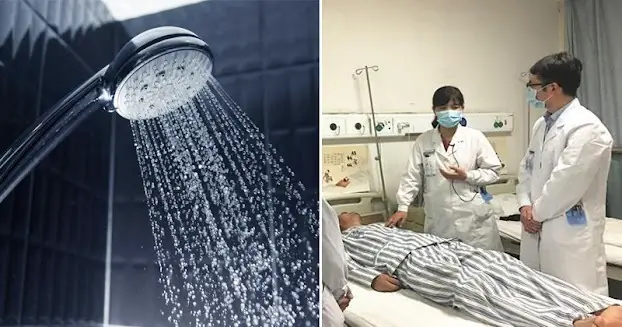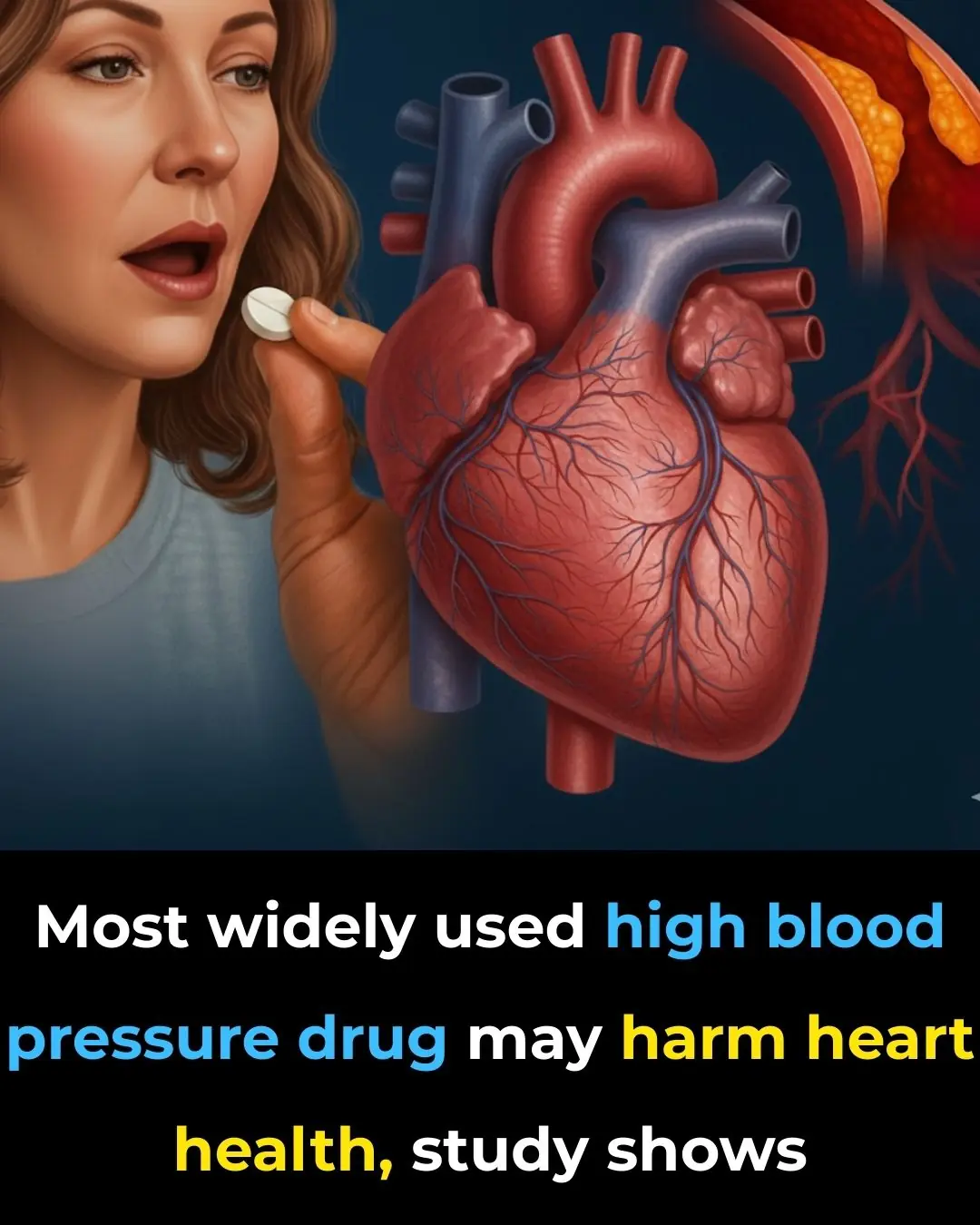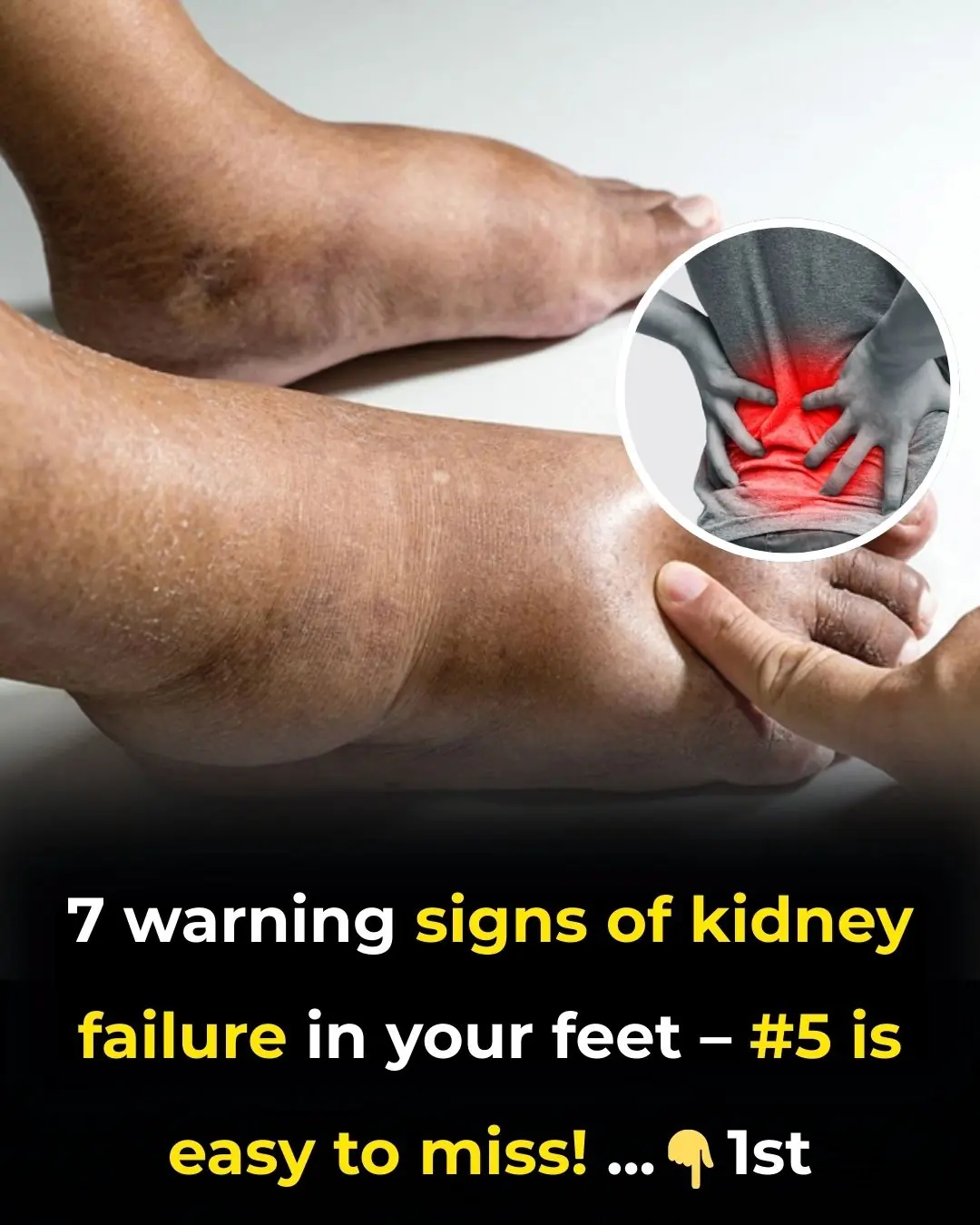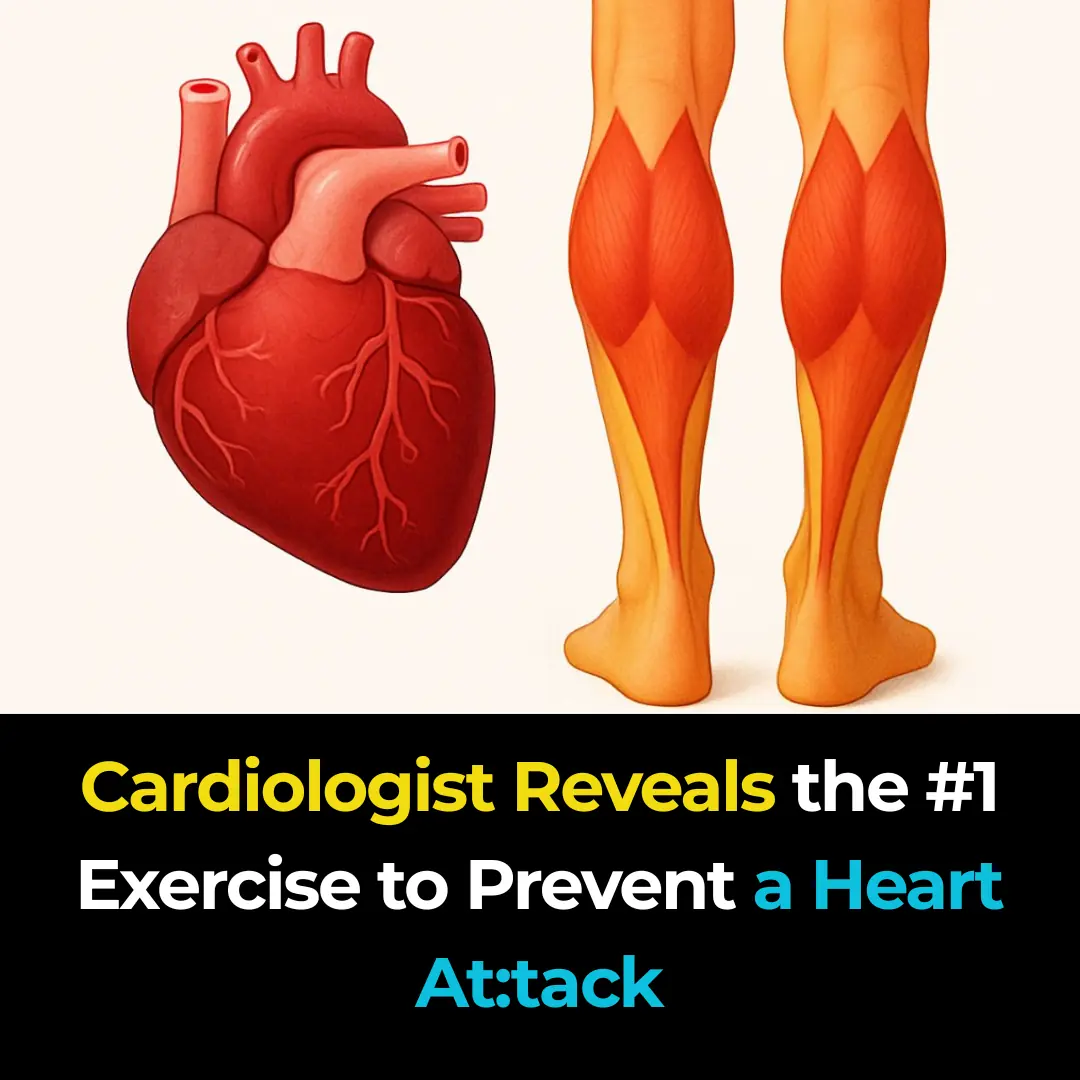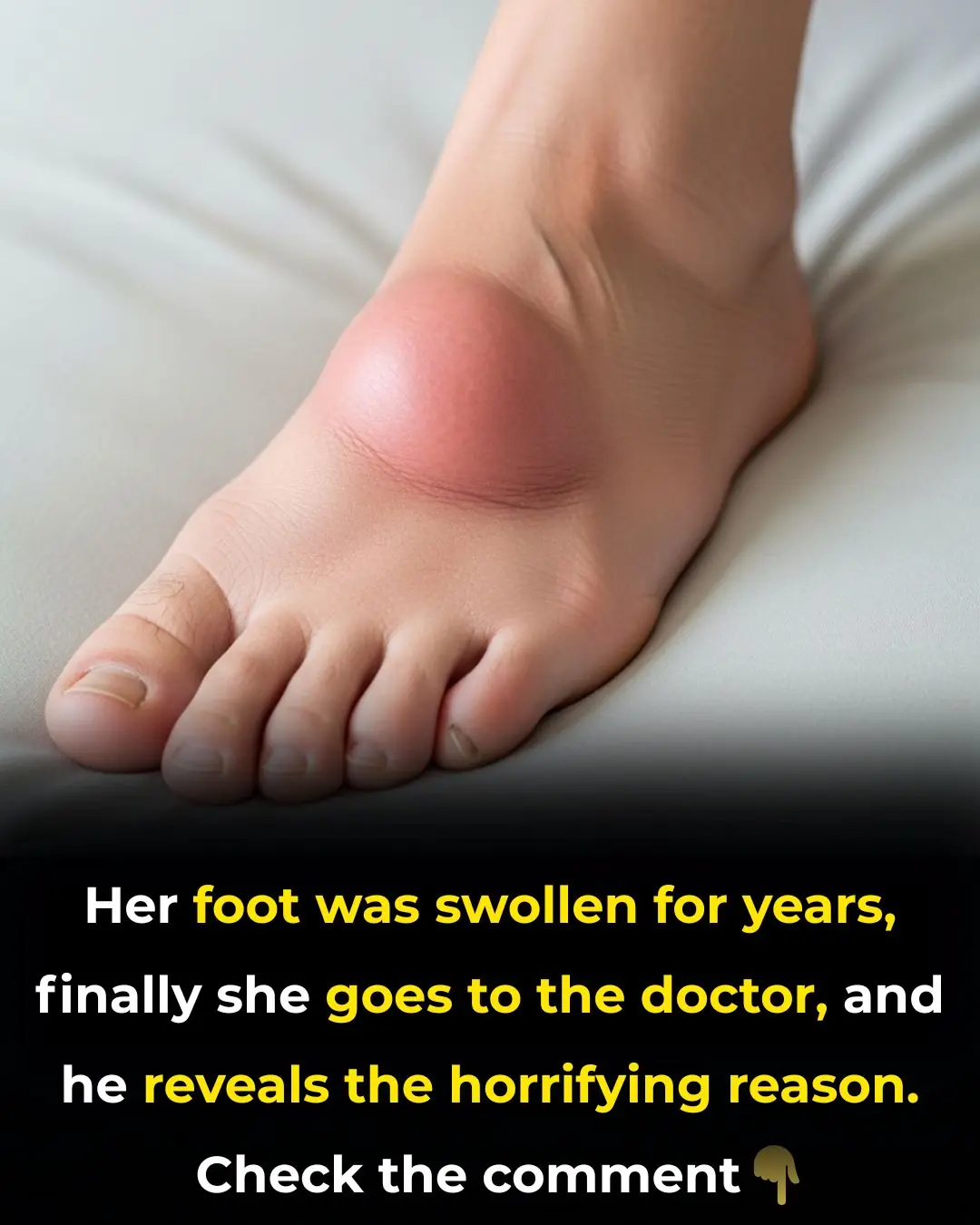Summer is a time for outdoor activities and exercising, whether it's playing sports, going for a run, or hitting the gym. After an intense workout, many people look forward to cooling off with a refreshing cold shower. However, there's a common question that often arises: is it safe to take a cold shower right after exercising? While it might feel invigorating, doctors warn that this habit could be dangerous for certain individuals. In this article, we'll explore the potential risks and who should avoid taking cold showers after physical activity to prevent serious health issues, including stroke.
The Cooling Effect of a Cold Shower
Cold showers have been known for their ability to refresh and cool down the body, especially during the hot summer months. After exercising, your body temperature rises, and a cold shower can feel like a quick fix to lower your body heat. However, the sharp contrast between the body’s warm state after physical exertion and the sudden cold water can have unexpected consequences on your circulatory system.
The Risk of Sudden Temperature Changes
When you exercise, your body undergoes several physiological changes. Blood vessels dilate to increase blood flow to muscles, and your heart rate increases to meet the increased demand for oxygen. If you suddenly subject your body to cold water, the sharp temperature difference can cause blood vessels to constrict rapidly. This constriction can elevate blood pressure and, in some cases, strain the heart. The sudden change in circulation can also affect the brain, potentially increasing the risk of a stroke.
The shock of cold water on a heated body can also trigger the body’s fight-or-flight response, which might result in increased adrenaline and heart rate. For individuals with underlying heart conditions, this could prove dangerous, as it places excessive strain on the heart and increases the chances of heart-related complications, including stroke.
Who Should Avoid Cold Showers After Exercise?
While cold showers may seem harmless to some, doctors advise that certain individuals should avoid them, particularly those with pre-existing medical conditions that can be aggravated by rapid temperature changes. Below are some groups of people who should be cautious:
1. People with Heart Conditions
Individuals with heart disease, including those who have had a heart attack or suffer from high blood pressure, should avoid taking cold showers after exercise. Cold water can cause a sudden constriction of blood vessels, which increases blood pressure and places extra strain on the heart. This added stress can lead to dangerous heart conditions, such as arrhythmias or even heart attacks.
2. Those with Stroke Risk Factors
Anyone who has risk factors for stroke, such as hypertension, diabetes, or a family history of strokes, should refrain from cold showers immediately after physical activity. The sudden temperature change can trigger a sudden increase in blood pressure, which could potentially lead to a stroke in vulnerable individuals. It's best to allow the body to gradually return to its normal state before subjecting it to cold water.
3. Elderly Individuals
The elderly are particularly vulnerable to temperature fluctuations. Their circulatory systems are often less efficient at handling sudden changes, which increases the risk of cardiovascular complications. After exercising, older adults should give their bodies time to cool down gradually before exposing themselves to cold water.
4. People with Respiratory Conditions
Individuals who have asthma, chronic obstructive pulmonary disease (COPD), or other respiratory conditions should avoid cold showers after exercising. Cold temperatures can cause the airways to constrict, making it harder to breathe and potentially triggering asthma attacks or other respiratory difficulties.
What Should You Do Instead?
If you’ve just finished an intense workout and want to cool down, it’s better to take a lukewarm shower instead of a cold one. This gradual cooling process allows your body to adjust and prevents sudden shocks to the circulatory system. In addition to using warm water, it’s also important to stretch and hydrate after exercise to help your body recover properly.
Conclusion
Taking a cold shower after a workout can feel refreshing, but it's essential to be aware of the potential risks. For individuals with heart conditions, stroke risk factors, respiratory issues, or the elderly, cold showers could trigger serious health complications, including stroke. While cold showers can offer benefits, it's crucial to know when to avoid them and ensure that your body has cooled down gradually before exposing it to sudden temperature changes. If you’re uncertain about your health or need guidance on safe post-exercise habits, it’s always wise to consult with a healthcare professional.


